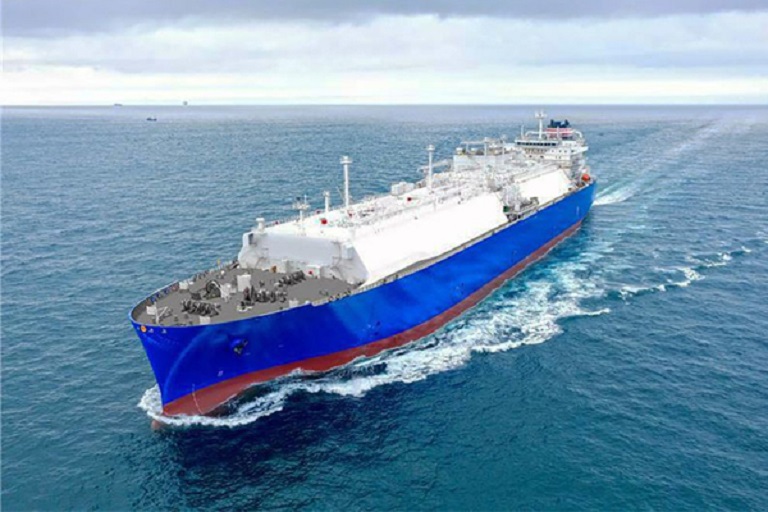Hyundai Glovis, the logistics wing of South Korea’s Hyundai auto group, has secured a long-term contract from Woodside, an Australian petroleum exploration and production company, to transport liquefied natural gas by expanding its shipping portfolio from automobiles to gas transportation.

Hyundai Glovis said it has signed a 10-year LNG transport contract with Woodside, with an option to extend it for five years. LNG produced in Australia will be delivered to demand sources such as Northeast Asia. For its contract with Woodside, the South Korean company has ordered LNG carriers that would be delivered in the second half of 2024.
Hyundai Glovis aims to combine its maritime transportation capabilities with Woodside’s resource development capabilities to establish a global LNG supply chain. Woodside is involved in Australia’s Pluto LNG project.
By strengthening cooperation with Woodside, Hyundai Glovis expand its business to hydrogen transportation. As a hydrogen supplier, Woodside has invested in Hynet, a consortium that builds hydrogen charging infrastructure in South Korea.
Hydrogen is extremely flammable when it is mixed with very small amounts of air. The liquefaction of hydrogen requires cooling to a temperature of minus 253 degrees Celsius and subsequent storage in cryogenic containers. The advantage of liquefied hydrogen is its high density compared to compressed gas, which means that more energy can be contained in a given volume for easy transportation.
South Korea’s Hyundai shipbuilding group has unveiled a business roadmap to establish a hydrogen value chain by 2030 and develop hydrogen transport ships and create vessels with hydrogen fuel propulsion systems. A joint project led by the state-funded Korea Research Institute of Ships and Ocean Engineering (KRISO) was launched in September 2021 to develop a maritime liquefied hydrogen fuel tank.
Source: Aju Business Daily